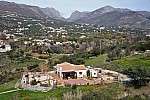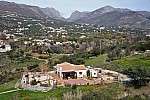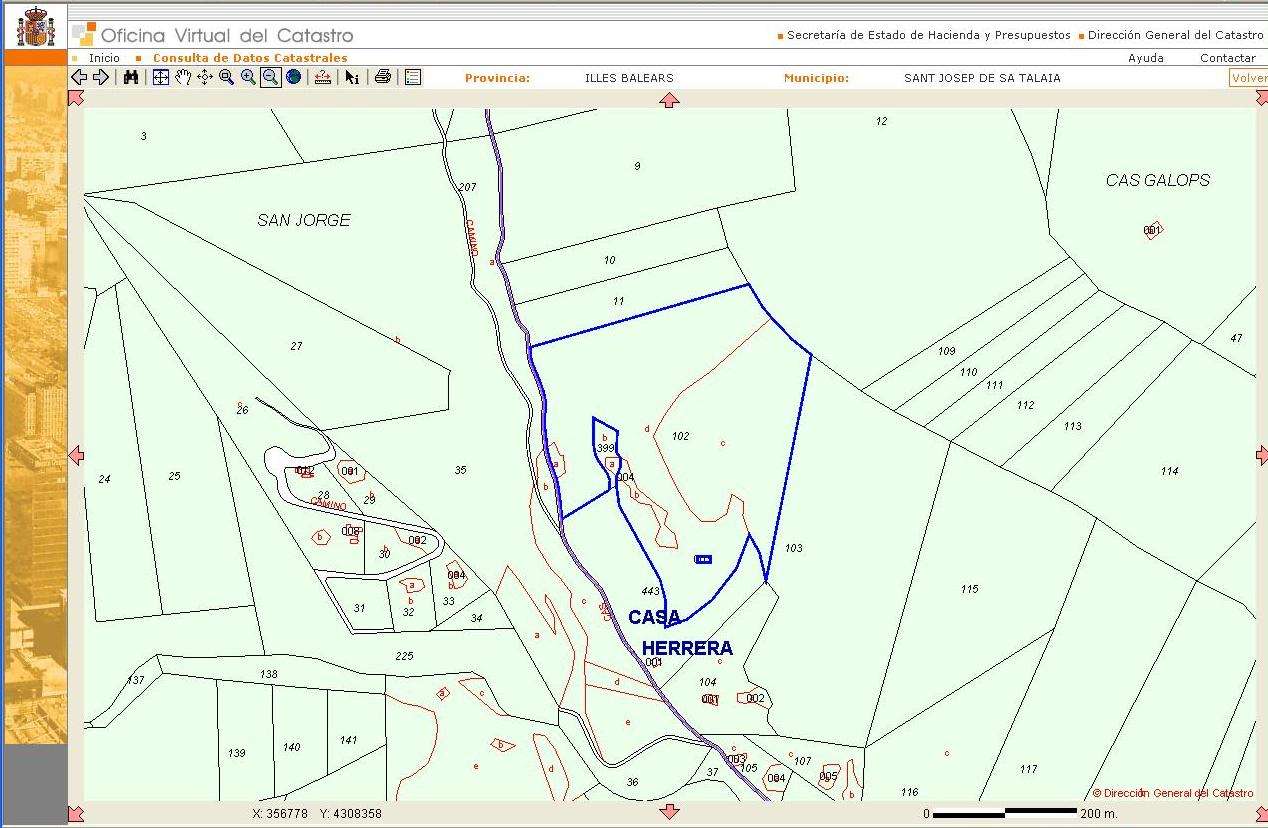NEW STANCE ON DWELLINGS BUILT ON RUSTIC LAND IN LA AXARQUÍA

In la Axarquía, as well as in many municipalities in Málaga and Andalucía, there are at present thousands of properties which are built on land not designated for construction. These properties have been built without any building permit whatsoever and no responsibility may be claimed as the criminal or administrative actions that would have applied, have lapsed. We refer to thousands of dwellings which will remain built for many years, and their use and enjoy will never change.
From a logical point of view, and why not mention it, from an ecological one, the most coherent thing to do, in these cases, would be to try to legalise them. This would imply setting minimum requirements for them to follow, and providing the dwellings with infrastructures, such as sewage systems, that would avoid damaging their surroundings, since regardless of whether they are legalised or not, they will remain occupied.
Regarding dwellings built on land not designated for construction, but where a building permit has been granted (those permits may be challenged and declared null at any time), we do not see the point in bringing hundreds of administrative and contentious actions to declare them void. As proceedings will take endless time to be settled, and whereas eventually a few orders may be enforced, some demolition orders will never be put into effect. In addition, it will affect many homeowners who will claim pecuniary liability to the Local Council, and also, in my view, to the Junta de Andalucía (Andalusian Regional Government).
However, given the current situation of insolvency of the government institutions and their tendency to delay proceedings, it will be very difficult for the homeowners to obtain compensation.
As we stated in our October article “Málaga, Axarquía and Urban Problems”, this situation has been reached due to a total lack of interest on the part of the Local Councils and the Junta de Andalucía, in the exercise of their duties in the last years, even when they were totally aware of the said irregularities.
And apart from all these consequences, it should also be added, the damage that starting hundreds of legal proceedings, with subsequent demolitions, and owners claiming compensation, etc, can do on residential tourism, mainly foreign, creating, thus, a situation of complete legal uncertainty. This kind of tourism and the economy of the area would be affected and probably driven to the wall.
Therefore, the decision of the Junta to approve a Decree in the next six months to legalise this situation of urban chaos, considering the starting point of the situation, is the most logical and coherent stance to adopt. And we think the cost “can be assumed” by the homeowners affected, as, at the end of the day, it will be to their own benefit, to the benefit of the government institutions involved, and on the ecological interest of the area where they are situated, it will also lead to the economic progress of this area.
We will follow this issue with expectation over the coming months. In any case, considering the circumstances, this change of stance of the Junta de Andalucía is a good piece of news.
Anyway, as everyone knows, when elections approach anything can happen.
Author: Gustavo Calero Monereo, C&D Solicitors (lawyers)















